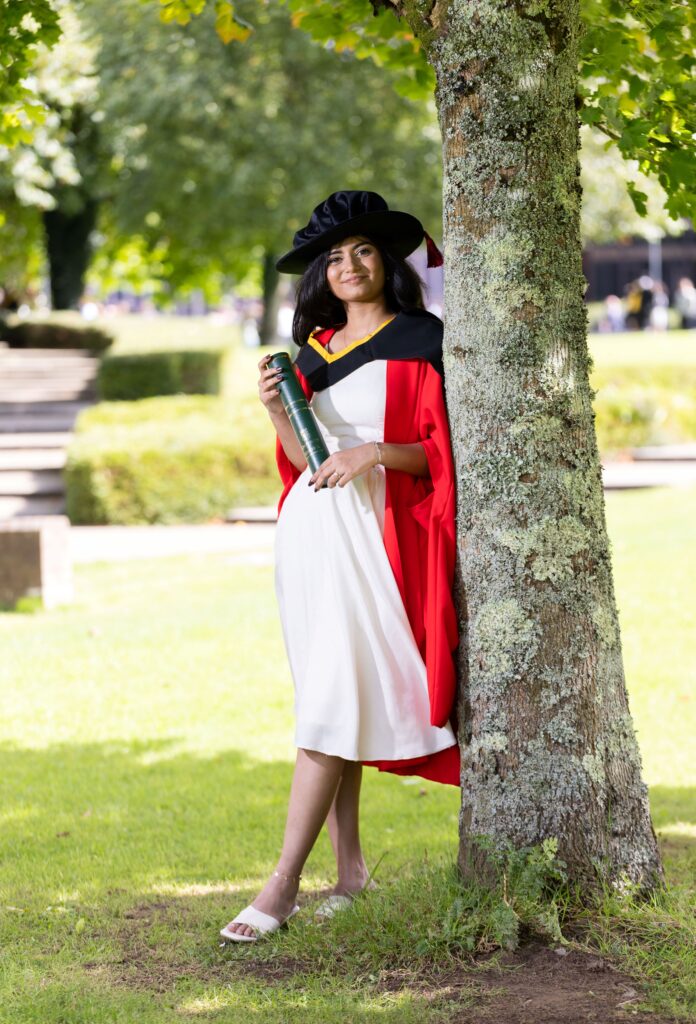
A RISING star and healthcare tech innovator has been conferred with a PhD in Artificial Intelligence from University of Limerick (UL).
And one of her projects is the streamlining of hospital emergency departments.
Gauri Vaidya, originally from Aurangabad, India, was one of 3,678 new graduates recently conferred at UL, almost eight years after she was inspired by her mentor in India to move to Ireland to pursue an academic career.
Recently featured as one of the Business Post’s 30 under 30 top tech innovators, Gauri was commended for her innovative approach to machine learning research in healthcare.

- External Walls: Up to €8,000 Grant
- Attic: Up to €1,500 Grant
- Cavity Walls: Up to €1,700 Grant
- Internal Dry Lining: Up to €4,500 Grant
Her PhD focused on reducing the carbon footprint of machine learning algorithms.
It involved working on several healthcare collaborations, including a project to streamline hospital emergency departments, as well as working with AI in cancer prediction scenarios.
One of the largest healthcare collaborations she has worked on during her time at UL involved building a digital twin of University Hospital Limerick (UHL).
“The project was focused on understanding the patterns and all the loopholes in the patient pathways in the emergency department in UHL,” Gauri explained.
“The target was to find out how we can predict scenarios that would be happening there and be prepared for that in advance. For example, predicting the number of beds required or the number of hospital staff required for the day,” she added.
Gauri has been guided through her academic ambitions by her mentor Dr Meghana Kshirsagar, at the Government College of Engineering Aurangabad in India, and by Professor Conor Ryan in UL’s Department of Computer Science and Information Systems.
Professor Ryan first met Gauri when she was working on research collaborations with UL remotely from India, and “even then her talent and curiosity stood out”, he recalled.
“Watching her grow over the years into a confident and accomplished researcher has been a real privilege. She combines technical ability with thoughtfulness and kindness, and it has been wonderful to see her find her own voice as a scientist”, added Professor Ryan.
She will be continuing her academic career in UL for the foreseeable future as she takes up a position as a postdoctoral researcher with the National Kidney Disease Surveillance System (NKDSS), based in UL’s School of Medicine.

